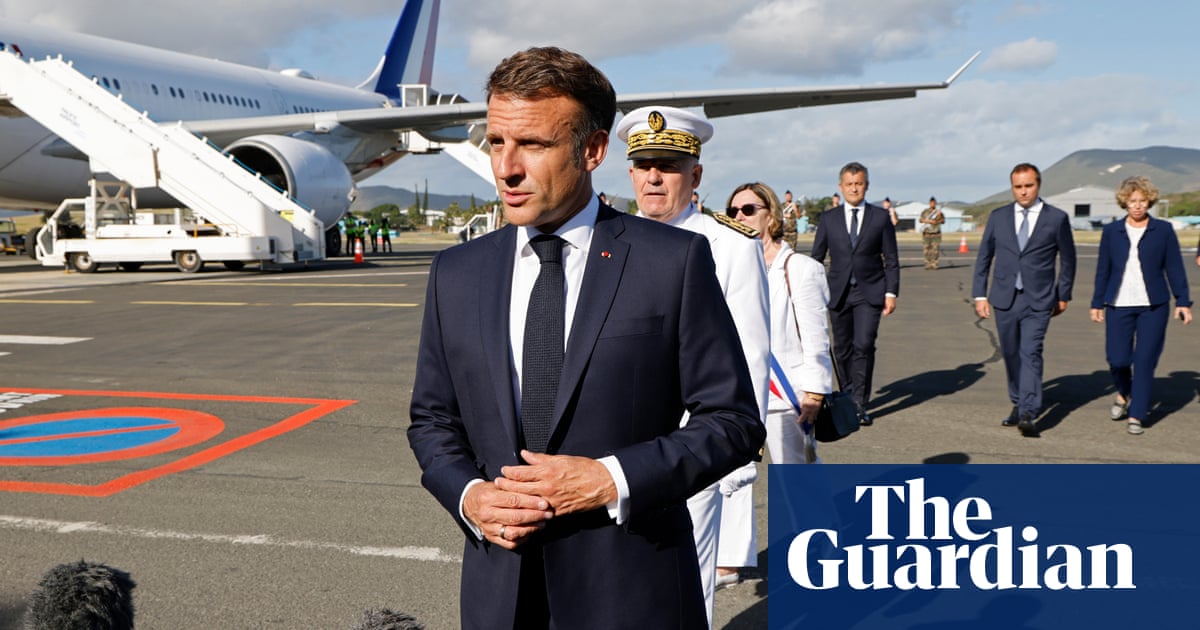
The EU’s institutions are no longer fit for purpose and need reforming if the bloc is to address the multiple crises it currently faces, according to Italy’s prime minister.
Mario Draghi was addressing the European Parliament in Stasbourg on Tuesday, where he said he wants member states to consider changing the bloc’s treaties in order to deal with the challenges linked to Russia’s invasion of Ukraine.
“The European institutions that our predecessors built over the decades served the European citizens well, but they are inadequate for the reality that is before us today,” Draghi told MEPs.
“We need pragmatic federalism that embraces all of the spheres hit by the transformations taking place, from the economy to energy and security.
“If this requires the start of a path that will lead to the revision of the treaties, this should be embraced with courage and confidence.”
The Italian prime minister added that he wants his country to be at the forefront of reshaping the EU. He also identified the principle of unanimity as a major area where reform is needed.
“A Europe that is capable of deciding rapidly is a Europe that is more credible with respect to its citizens and the world,” Draghi said.
All 27 member states must agree on foreign policy matters before moving forward, often delaying important decisions.
It’s this, which is holding up a new sixth round of sanctions against Moscow’s oil and gas exports, with Hungary’s Viktor Orbán one of the main opponents.
For German MEP Sergey Lagodinsky, the EU would be stronger if a simple majority of votes was used in foreign policy decisions.
“The situation we are seeing now shows us both, on the one hand, that we can achieve unity against a foreign threat, but at the same that this unity is very fragile,” Lagodinsky told Euronews.
“And depending on someone like Orbán — who is an ally of Russia, who does not come along with all of the measures and where we have other problems, like democracy problems — does indeed put the European Union in a very difficult situation and we can only overcome it if we get rid of this unanimity rule.”
The last time EU countries agreed to any major change to the bloc was in 2007, following the Treaty of Lisbon. — Euronews












